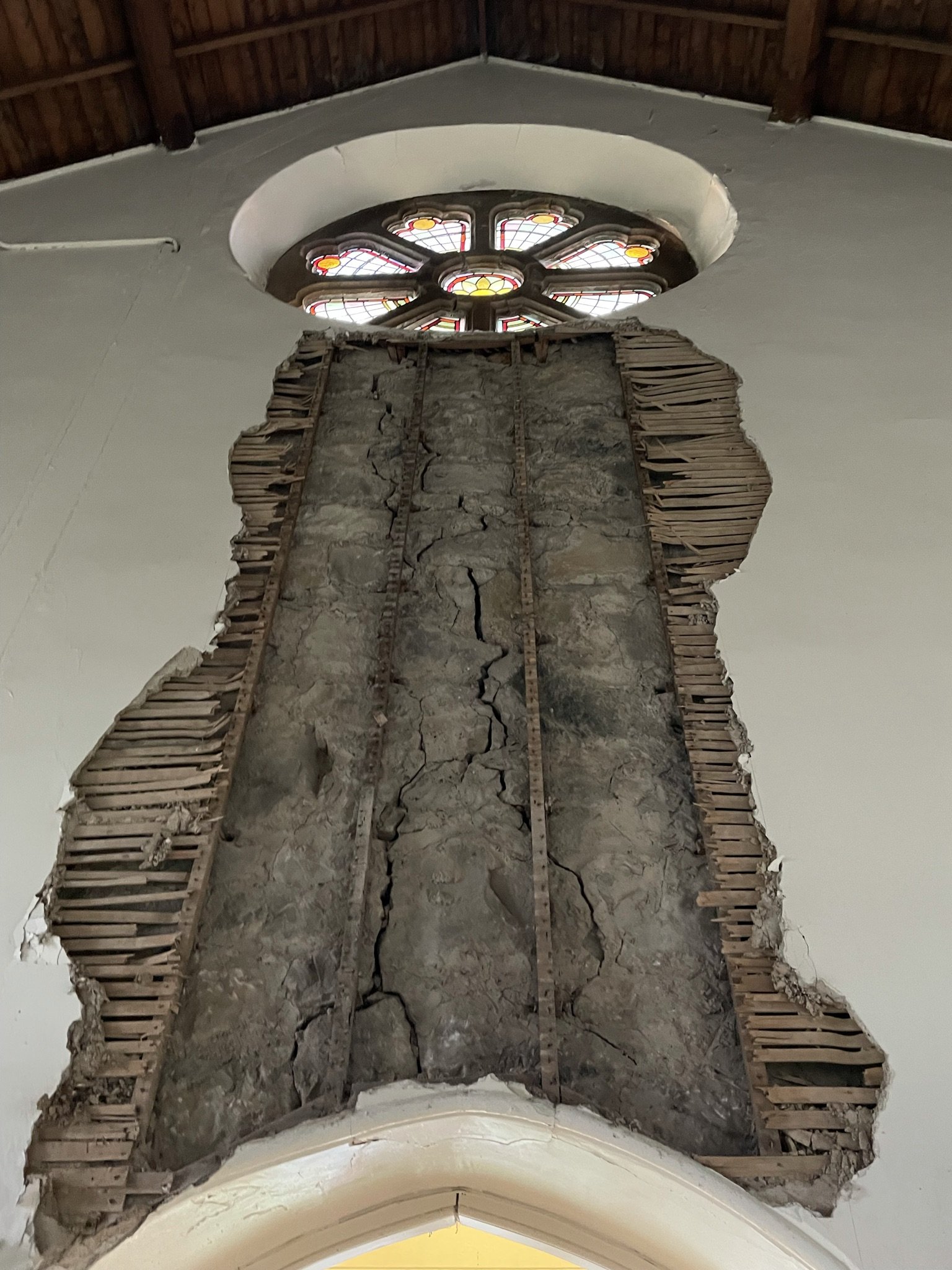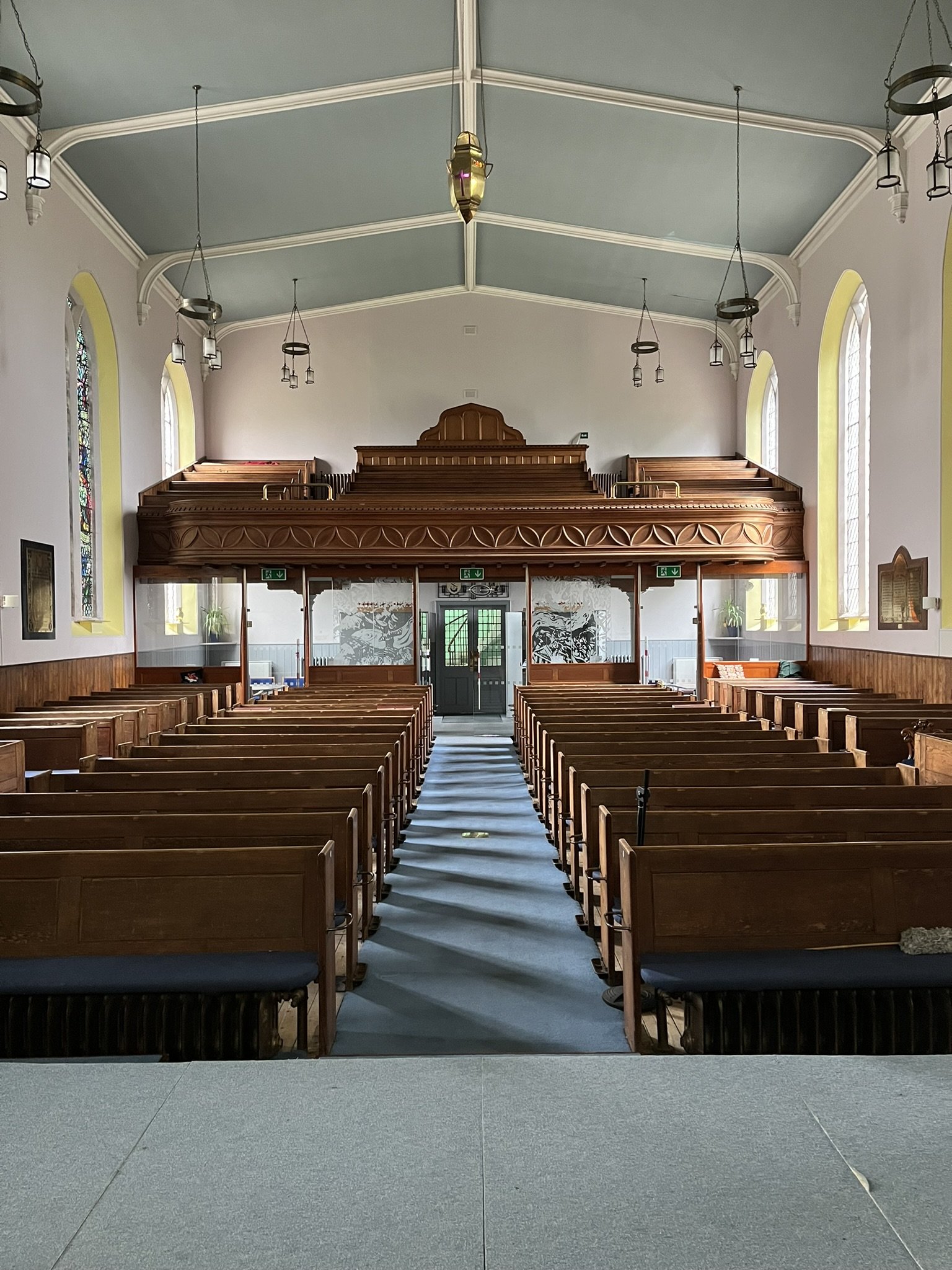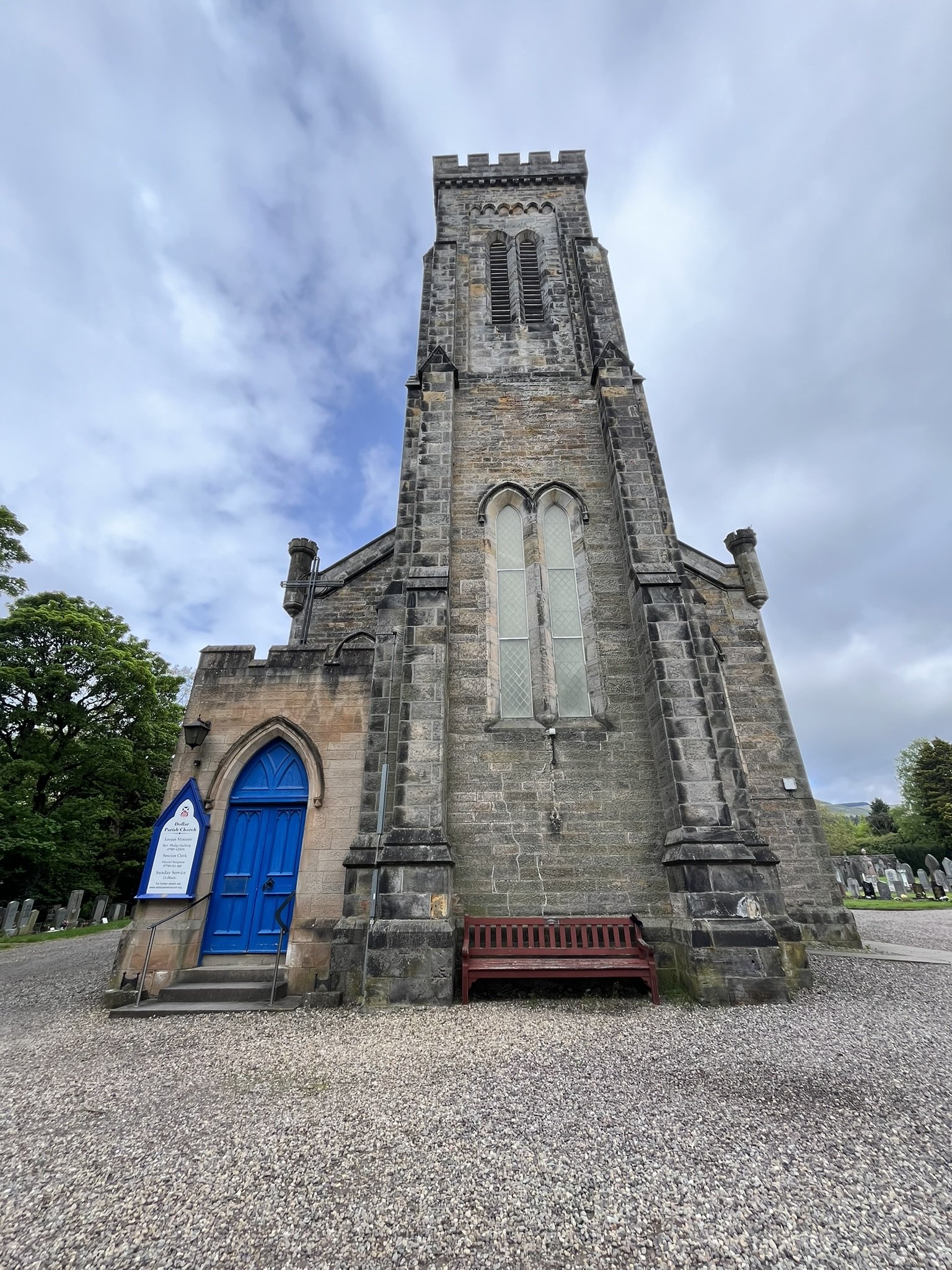
Preserving Scotland’s Church Heritage
Insights from Mill Architects
At Mill Architects, we're passionate about preserving Scotland's rich ecclesiastical heritage while helping communities adapt to modern challenges.
With declining worship and mounting economic pressures, many churches face difficult decisions about their future. In response, the Church of Scotland is selling a large amount of its property stock to consolidate places of worship throughout Scotland.
The Church of Scotland has faced the difficult task of developing a Presbytery Plan for each region of Scotland, categorising churches, along with their halls and manses, into Category 'A' (to be retained) or Category 'B' (to be sold). This decision has understandably led to significant unrest within communities.
What are the current conditions of Churches across Scotland?
Some churches are in good condition, having been well-maintained with updated amenities. However, many churches are experiencing fabric deterioration due to insufficient funding and uncertainty about their future, leading to outdated and non-compliant facilities like WCs.
Understanding each building's current condition and capabilities is essential to identify appropriate solutions for adaptation, alteration, or improvement.
Many church residences need to meet an EPC rating of 'C' soon, which may be difficult to achieve given their current condition.
Our Top Tips
At Mill Architects, we specialise in guiding church groups through these challenges, whether it's maintaining the fabric of historic buildings or finding new uses for them. Our top tips for getting started with your church project are:
1. Form a Dedicated Team: Assemble a proactive church working group and appoint a property convenor who understands your building's needs.
2. Define Your Goals: Clearly state your church's vision, whether repairing the building, consolidating assets, or planning a community buyout.
3. Draft a feasibility brief: This document should be clear and accessible to all, and it should be presented to various stakeholders, such as the head of your denomination, the congregation, and others. Alternatively, it could serve as a business plan for a community buyout.
4. Appoint the Right Professional: Select an experienced, conservation-accredited architect who can navigate the complexities of church projects and funding requirements.
Appointing the right architect is crucial for the success of your project. Jo Parry Geddes, our Director and Conservation Specialist, has over 19 years of experience working with churches. Her approach ensures that your church's history is respected while meeting today's practical needs. Jo's deep understanding of ecclesiastical architecture has seen her lead over 95 church projects, ranging from minor repairs to major redevelopment.
Once you've appointed your architect, effective communication is essential. Share as much information as possible to ensure everyone is on the same page.
Understanding Needs: Your architect should meet with the church group to fully understand the building's condition and the community's needs. It's common for the architect to present proposals at a group meeting, explaining the plans to the broader community.
Setting Realistic Expectations: Be realistic about what can be achieved, keeping in mind the potential challenges, such as gaining approval from the community, congregation, and church authorities, as well as securing necessary funding.
Guidance from Your Architect: Your architect should guide you through the appropriate steps, whether preparing a feasibility study, submitting a planning or listed building application, or developing a fabric repair package, depending on your brief.
Additional Considerations:
Streamlined Communication: Designate a single point of contact for your architect to avoid confusion from multiple emails and suggestions.
Balanced Priorities: Ensure your architect listens to the church group's needs and doesn't get side-tracked by overly ambitious or unrealistic design ideas, which could derail the project.
Financial Expertise: It's beneficial to have a couple of financially savvy members in the church group to help with the time-consuming process of applying for funding. Sharing this workload can make the process more manageable.
We're here to support churches through every stage of their journey, from initial feasibility studies to securing funding and implementing sustainable improvements. Whether your church is in good repair or needs significant work, Mill Architects is ready to help you preserve its legacy while meeting modern demands.
Have a project in mind?
Contact our team to discuss how we can help bring your vision to life. Follow us on social media for more updates and inspiration from our latest projects.







